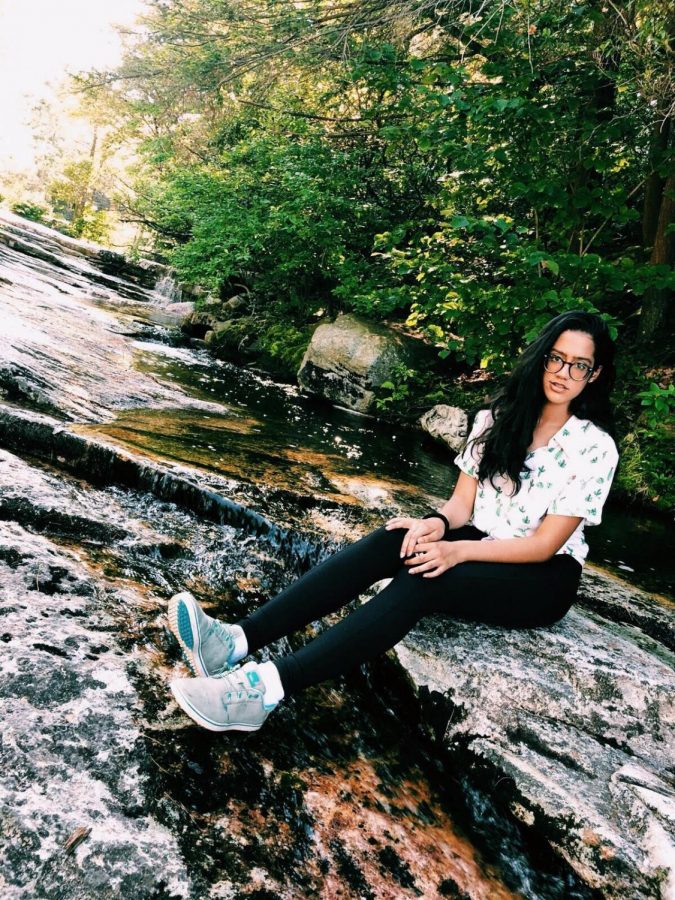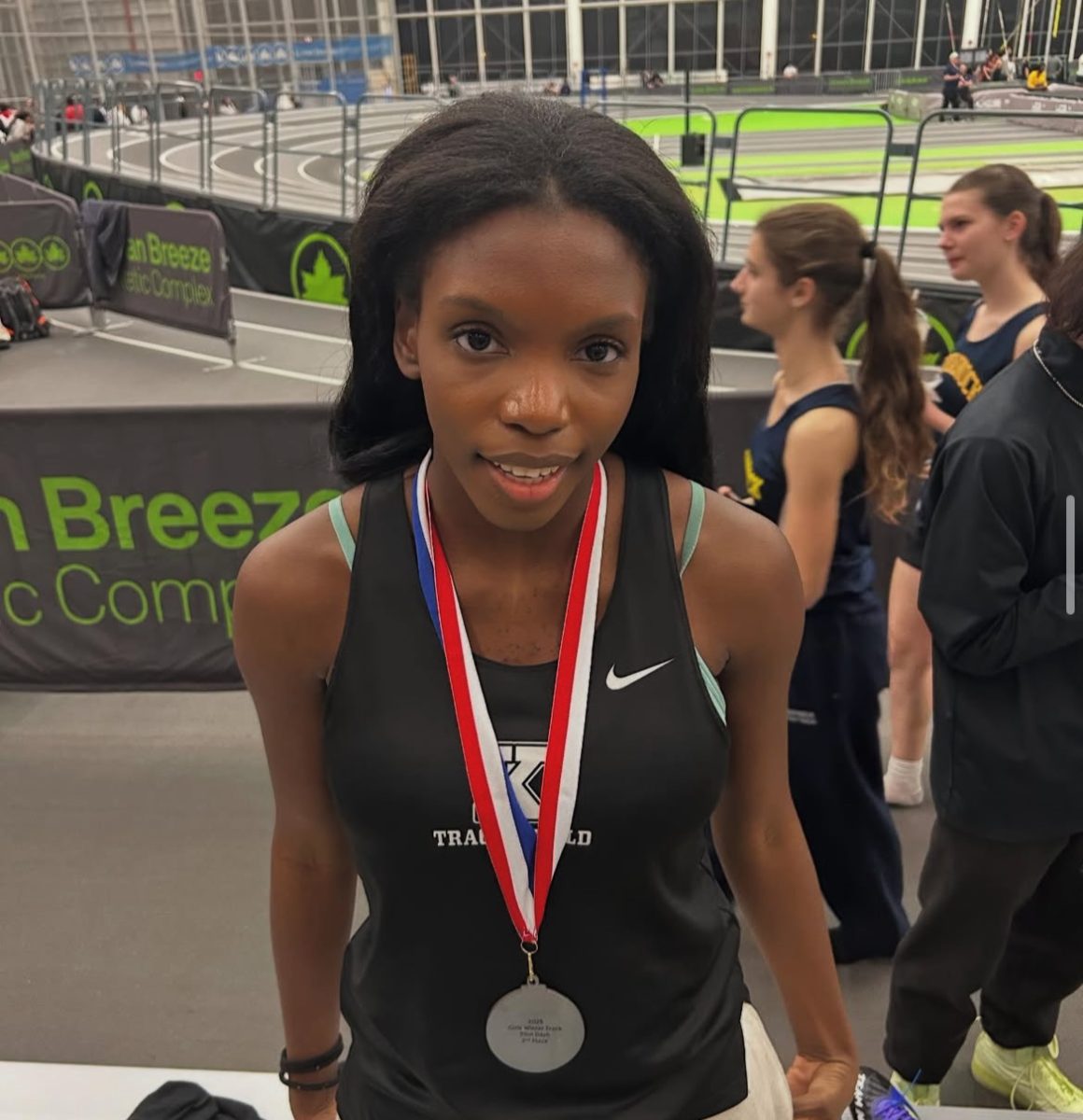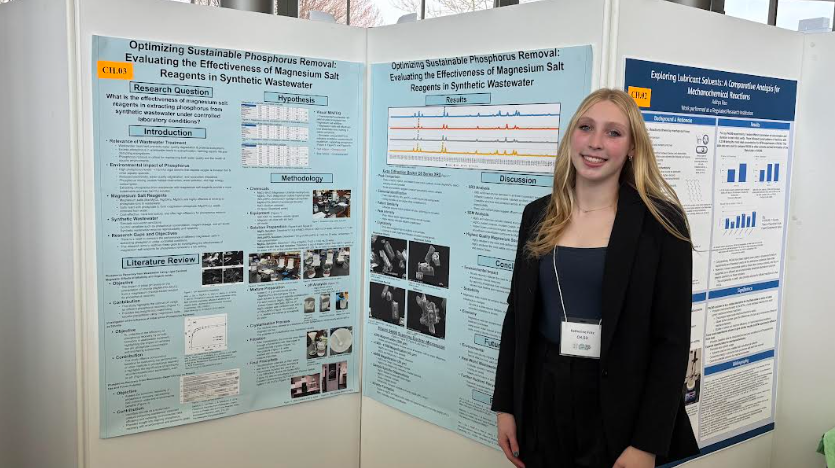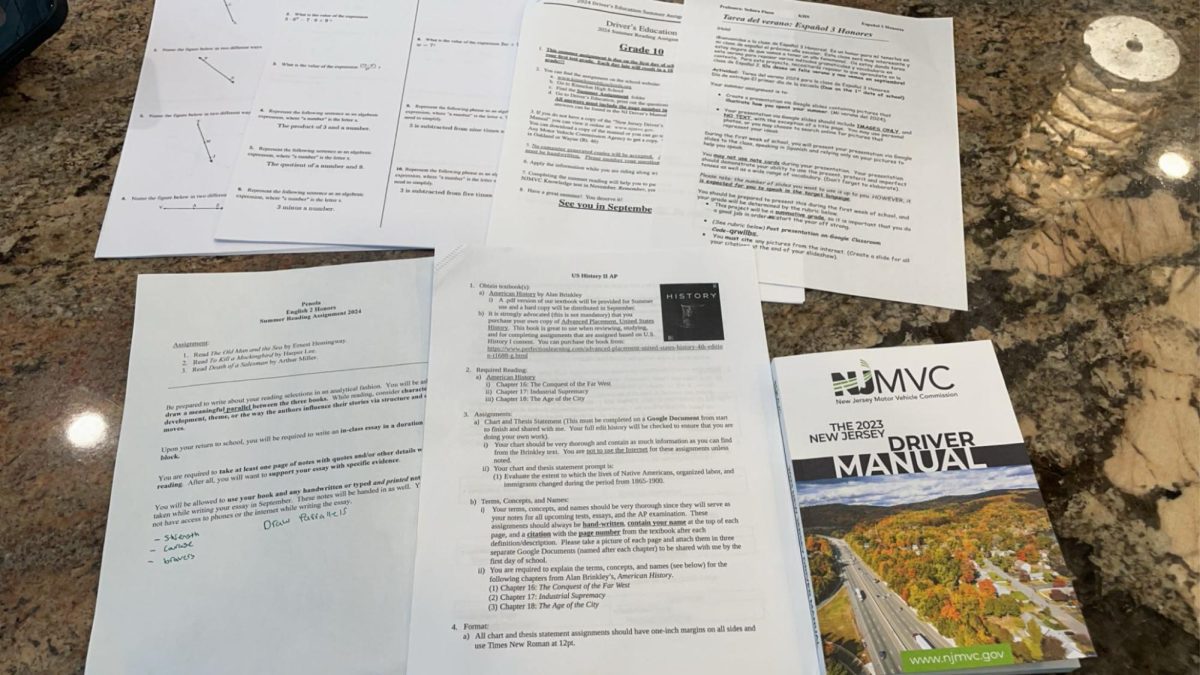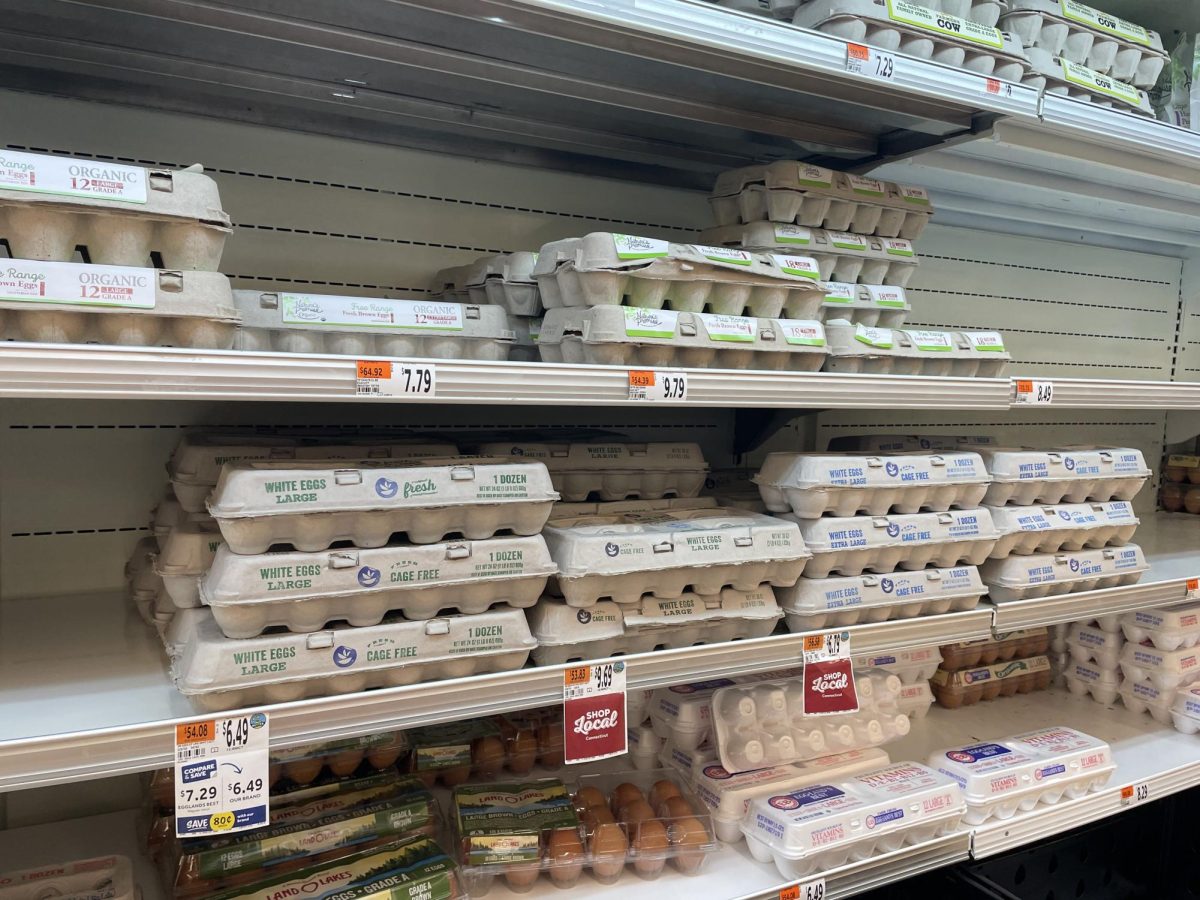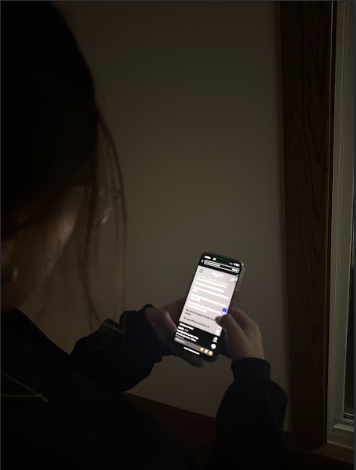Less than two years ago, sophomore Abeeha Zaidi had packed up her belongings in Dubai, said farewell to her relatives, and boarded one of her most harrowing plane flights yet: an emigration to the United States.
“I had no choice to come here; it was for a good reason to come here for my dad’s job, and for our benefit, and our education,” Zaidi said. “But coming here was difficult; I thought people would judge me from the way I looked; therefore I couldn’t make friends, and I wanted to fit in, and it was just different people in a different country and people who did not know me would not like me and I would just sit there lonely.”
Zaidi had some experience moving between countries before moving to the United States. Before moving to Dubai, she had lived in Pakistan, where she was born and where her family had lived for generations.
Zaidi, frightened, endured the hardships and the wonders that were waiting for her once she stepped into the United States. Almost two years later, Abeeha is living in New Jersey, attending Kinnelon High School, a sophomore, and she has a story to tell.
Fears seemed to encumber Abeeha: from living in the arid Middle East, now landing straight in the toned down summers, and dry and harsh winters of the northeastern United States; leaving close friends to meeting strangers that would not show a single hint of compassion and care; and, of course, high school. Yet Abeeha held onto her hopes, driving herself forth to the wonders of living in the United States.
“Watching American movies made me even think about the worst parts of high school, (and) not the best parts; and on top of that, I was really excited to come here,” Zaidi said. “I had the image of visiting my neighbor’s house and that it was a friendly community, so it wasn’t always fear; it was also excitement, and it was the excitement for difference. I like to have difference in my life, to have the feeling of knowing that without change, and to have the pride of knowing something that nobody else didn’t.”
And one of the biggest trials within the United States, for Abeeha, was shifting into a new, foreign culture, and she had held an ancient cultural value to her family.
“My parents, (in) their culture, there’s a thing where we care for our parents since parents are a big thing in our life, and I don’t go into their life but I help them out around the house, and it affects my environment as well as theirs,” Zaidi said. “When something is wrong in my family, I feel something is wrong with me because it affects my emotions, so it’s like a domino effect; when they’re upset, or they’re happy, and that works on me.”
Zaidi’s parents had to change their culture several times before, and Abeeha had the comfort to be supported by her parents and loved ones to make a comfortable transition.
“I have a mixture of hopes,” Abeeha said. “My mom and dad had to modify their culture as we moved to other places like America; we had to have compromises when we wanted something else, and we had to respect and obey our parents, therefore our culture changes.”
One of the greatest compromises in this culture shift that Zaidi had to endure was changing her personality, which was molded by the values and culture she grew up with, yet have been pelted by people who wanted to see a complete 180 on her personality, and thus her culture.
“I’m defensive because I’ve gone through change and a lot of their opinions have affected me in a negative way that I just want to be out of my life,” Zaidi said. “I really want positivity in my life, and negativity makes it worse.”
Even with what Abeeha had to endure through the journey to reach Kinnelon, her defensive, motherly character still stands strong today. “I like to get into other people’s lives as well, people that I hang out with on a daily basis and I put them into my life.”

